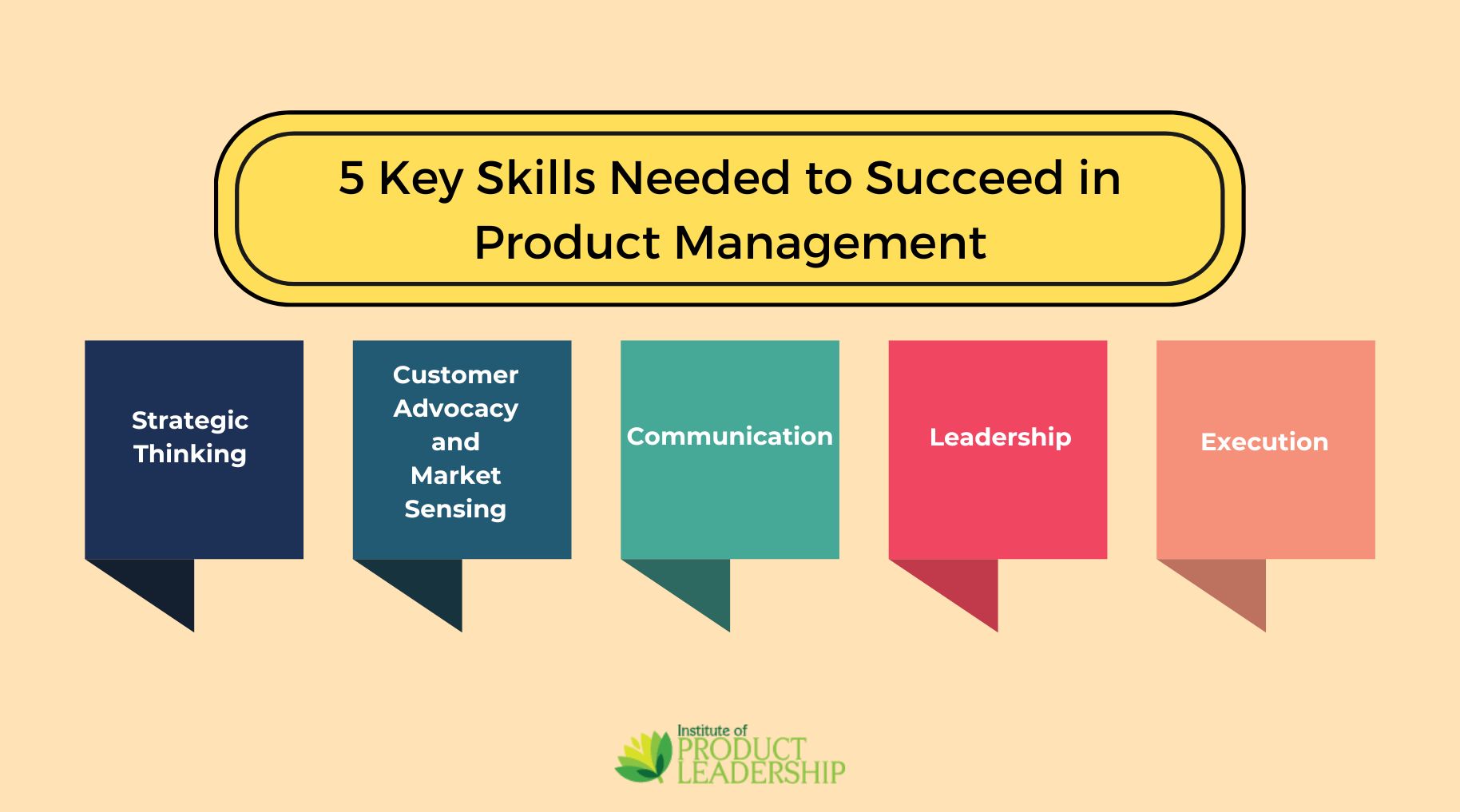The core skill of a product manager is the ability to make informed decisions. Product managers need to be able to gather and analyze data, identify trends, and make recommendations that will improve the product.
What is the number one skill of a product manager?
The number one skill of a product manager is the ability to understand and empathize with users. Product managers need to be able to see the product from the user’s perspective and understand their needs and wants.
What hard skills do I need to be a product manager?
In addition to the soft skills listed above, product managers also need to have a few hard skills. These skills include:
- Data analysis: Product managers need to be able to collect, analyze, and interpret data.
- Project management: Product managers need to be able to manage and execute projects effectively.
- User research: Product managers need to be able to conduct user research and understand user needs.
- Product design: Product managers need to have a basic understanding of product design principles.







